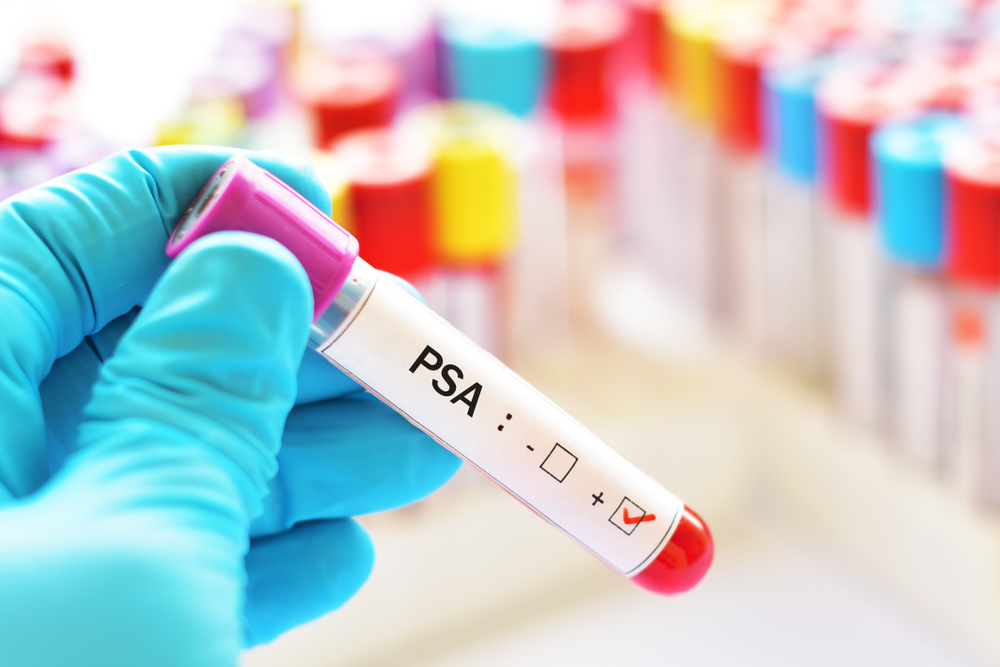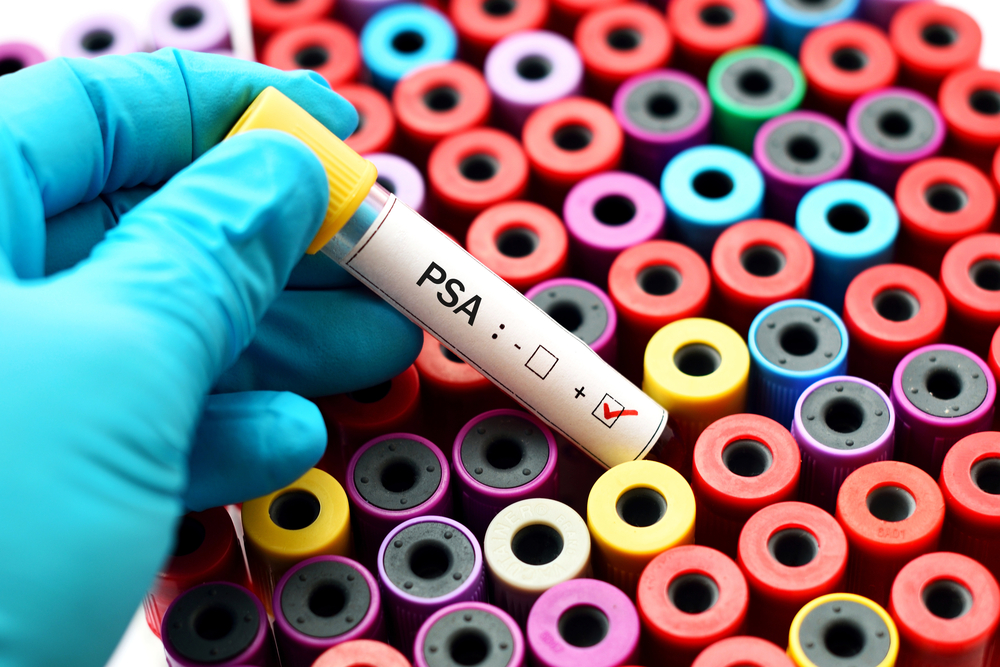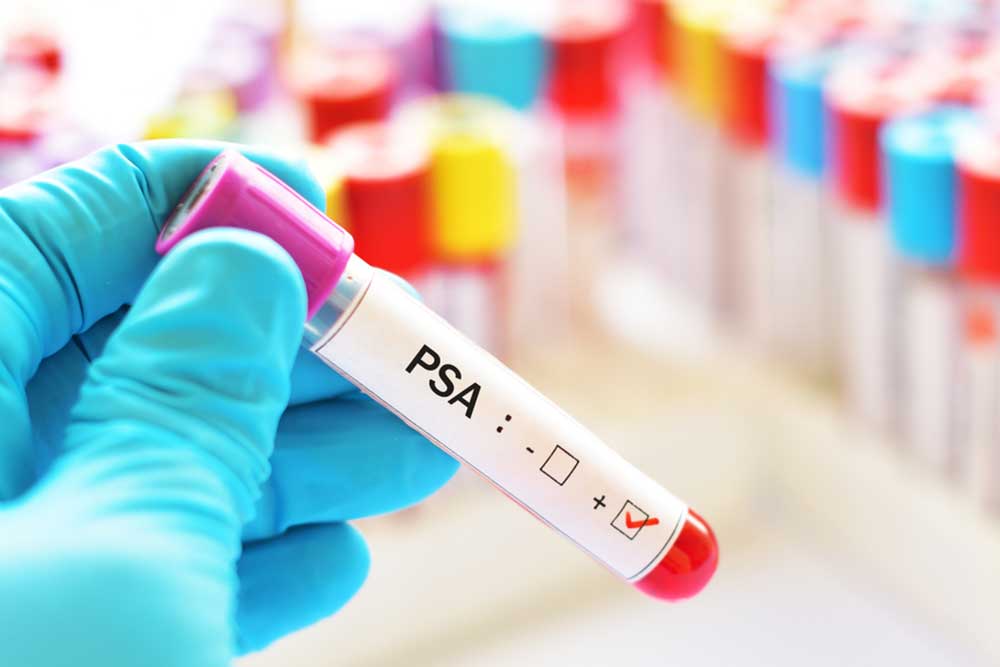Understanding PSA Levels and Strategies to Reduce Them
Learn about PSA levels, factors influencing them, and effective methods to lower elevated PSA. This article covers screening accuracy, associated conditions, lifestyle tips, and early signs of prostate cancer to help you maintain prostate health and detect issues early.

Understanding PSA Levels and Strategies to Reduce Them
Understanding PSA levels and how to lower them
Prostate-specific antigen (PSA) is a protein produced by the prostate gland cells, primarily found in semen and blood. The PSA test measures its levels and is a key tool for early prostate cancer screening, monitoring treatment response, and detecting recurrence. Approved by the FDA, this test is often used alongside digital rectal exams for asymptomatic men to screen for prostate health problems, including cancer.
Here’s essential information about elevated PSA levels.
How accurate is the PSA blood test?
PSA levels are influenced by various factors and are not exclusively indicative of cancer, as benign prostate enlargement and infections can also increase PSA.
Levels above 10 ng/mL suggest a significant risk, around 50%, of prostate cancer, but high PSA does not confirm cancer, nor do low levels guarantee its absence.
Conditions associated with increased PSA levels:
Prostatitis or prostate inflammation/infection.
Benign prostatic hyperplasia (BPH), a non-cancerous, age-related prostate enlargement.
Recent prostate manipulation like ejaculation, biopsies, or procedures.
Use of specific medications, including hormone therapy or urinary drugs.
Urinary tract infections.
Intensive activities such as cycling.
Genetic factors or inherited conditions.
Factors that can lower PSA levels:
Maintaining a healthy weight and avoiding obesity.
Use of medications such as aspirin and cholesterol reducers.
Taking prescribed drugs like finasteride and dutasteride for BPH.
Herbal supplements containing phytoestrogens, e.g., saw palmetto.
Effective tips to lower PSA levels quickly:
Stay physically active to support weight management.
Eat tomatoes rich in antioxidants for prostate protection.
Consume lean proteins and avoid processed or fatty meats and dairy.
Increase intake of vitamin D-rich foods and consider supplements.
Drink green tea for its cancer-fighting antioxidants.
Reduce stress through relaxation techniques.
Eat fruits, vegetables, and nuts high in lycopene, which inhibits prostate inflammation.
Incorporate pomegranate into your diet for its prostate benefits.
Consult your doctor about NSAIDs like aspirin for PSA reduction.
Avoid foods harmful to the prostate, such as sugary snacks, fried foods, and excess alcohol. Limit intake of soy products that raise estrogen levels and avoid processed canned foods contaminated with bisphenol A.
Early signs of prostate cancer:
Frequent, painful urination and urinary issues, especially at night.
Erectile dysfunction and decreased semen production.
Bladder control problems or pressure symptoms.
Blood in urine or semen.
Persistent pain in hips, back, chest, or pelvis from metastasis.
Weakness or numbness in limbs due to spinal cord pressure.










